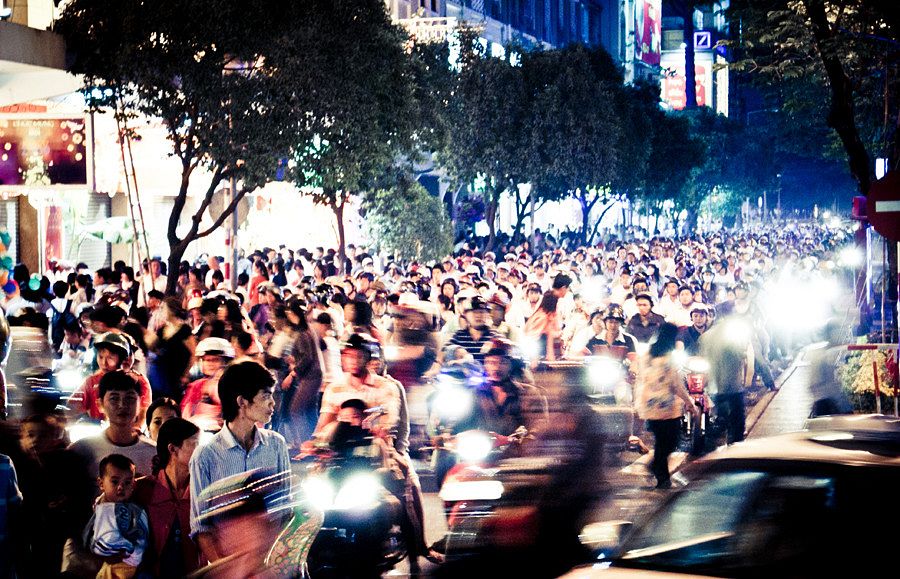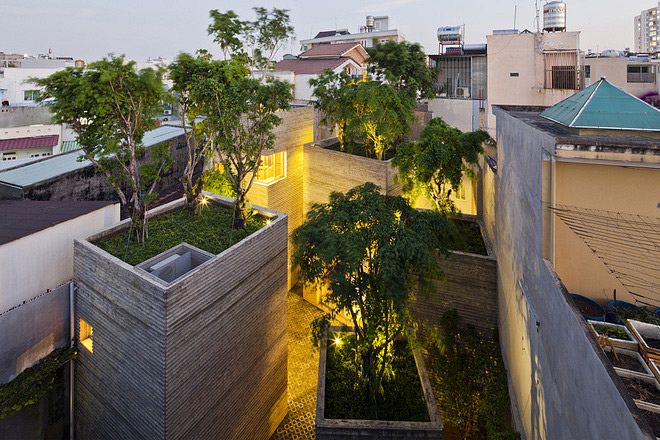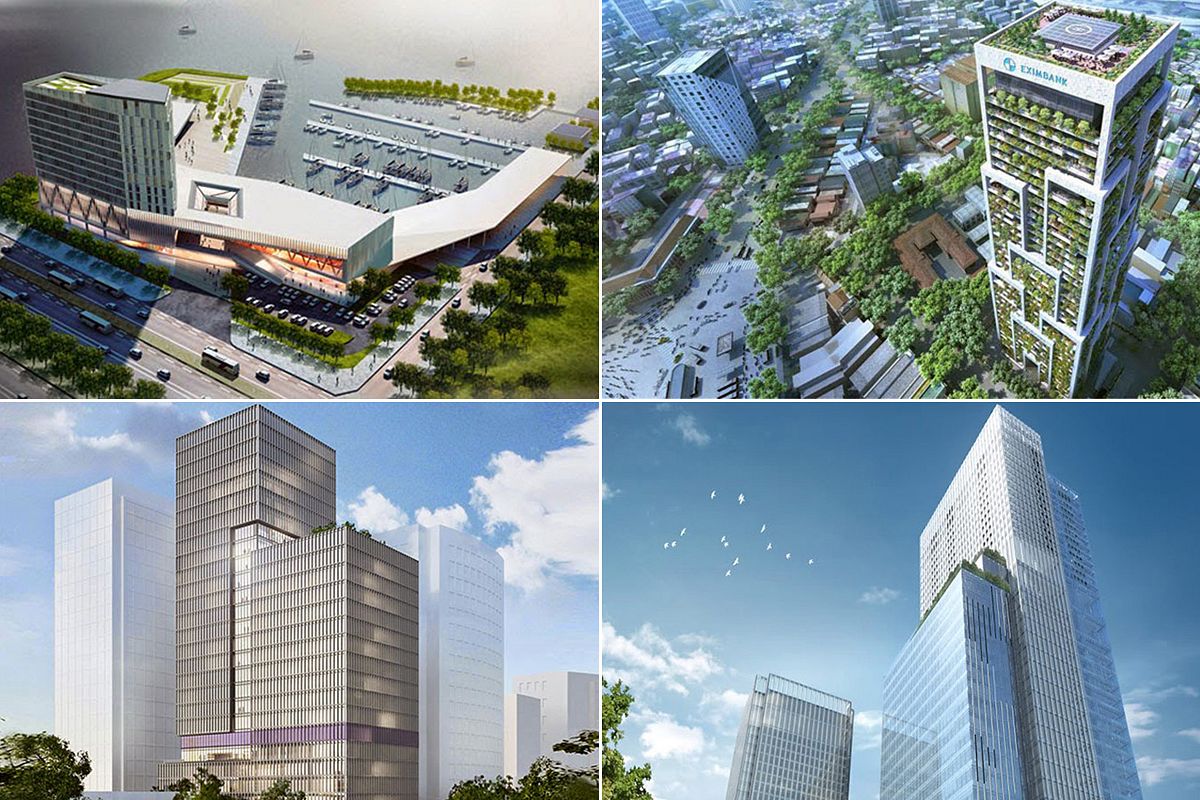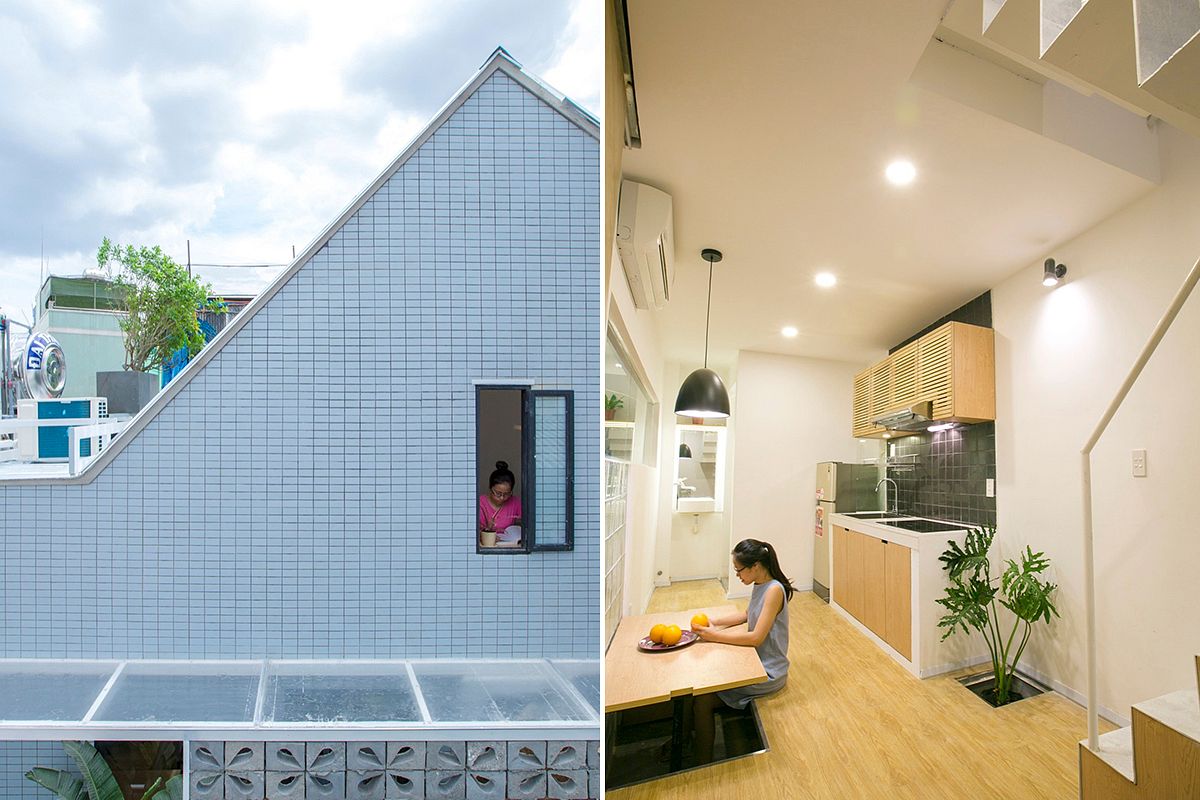Vietnam may be the land of motorbikes but some government officials have put forth a plan to ban them in the country’s urban areas to increase safety and reduce pollution. While the plan is being praised by some, others think it’s far too soon due to lack of public transportation alternatives and the role of motorbikes in Vietnam's socioeconomic development.
The main driving force for the ban stems from the country’s dangerous driving conditions where accidents kill 26 and injure 81 daily. In 2013, more than 7,500 have been killed and 24,000 injured according to the National Traffic Safety Committee (NTSC). Since these statistics are only getting worse (accidents this year are already 123 higher than last), Deputy Prime Minister Nguyen, Xuan Phuc, has put his full support behind the ban:
“There should be detailed and breakthrough solutions, including a plan to gradually ban motorbikes in big cities,” he said.
There has also been support from economists such as Luong Hoai Nam, CEO of Air Mekong who said, “Avoiding a reconsideration of the ban will hinder development and elongate the danger of traffic and poverty.”
Nam even said that a ban should go into effect before improvements are made to public transportation, pointing to Yangon as a model.
But, as you can imagine, many see an outright ban as unrealistic. Vietnam’s 90 million citizens use more than 37 million motorbikes and 1.6 million cars as means of transport.
Nguyen Van Thu, former director of Transport Planning and Management, told Thanh Nien that it’s too soon for a ban:
“Banning motorbikes is a right step towards limiting private vehicles. But it should be done in the distant future. It is just like a supplementary food, it can cause shock if you use too much in a short time,” he said.
These feelings were echoed by Nguyen Hoang Hiep, deputy chairman of NTSC, who said it would be impossible to ban motorbikes quickly due to lack of public transportation options:
“It is impossible because of undeveloped economics, lack of infrastructure and insufficient public transport,” he lamented.
Former transport minister, Ho Nghia Dung, felt that beyond the fact that motorbikes are important for socioeconomic development, a ban would likely take decades to implement:
“Motorbikes are still contributing to social development, solving the basic demands of many residents,” he said. “But the excessive growth of motorbikes in the country has caused more accidents and gridlocks.”
A similar ban was proposed 2 years ago but was quickly shot down due to loud public opposition. But this time around, opinions seem to be shifting:
“A survey on VTC News attracted more than 27,000 respondents, 54 percent of which selected “there should be a plan to ban motorbikes now.” Some 31 percent chose “only ban motorbikes when there are alternative means of transport” and only 14 percent opposed the ban outright.”
The plan sounds good in theory but completely unrealistic in the short term. Even Saigon, which is comparatively ahead of the public transportation game with a planned BRT and metro, is years away from completing the initial stages of these systems.














